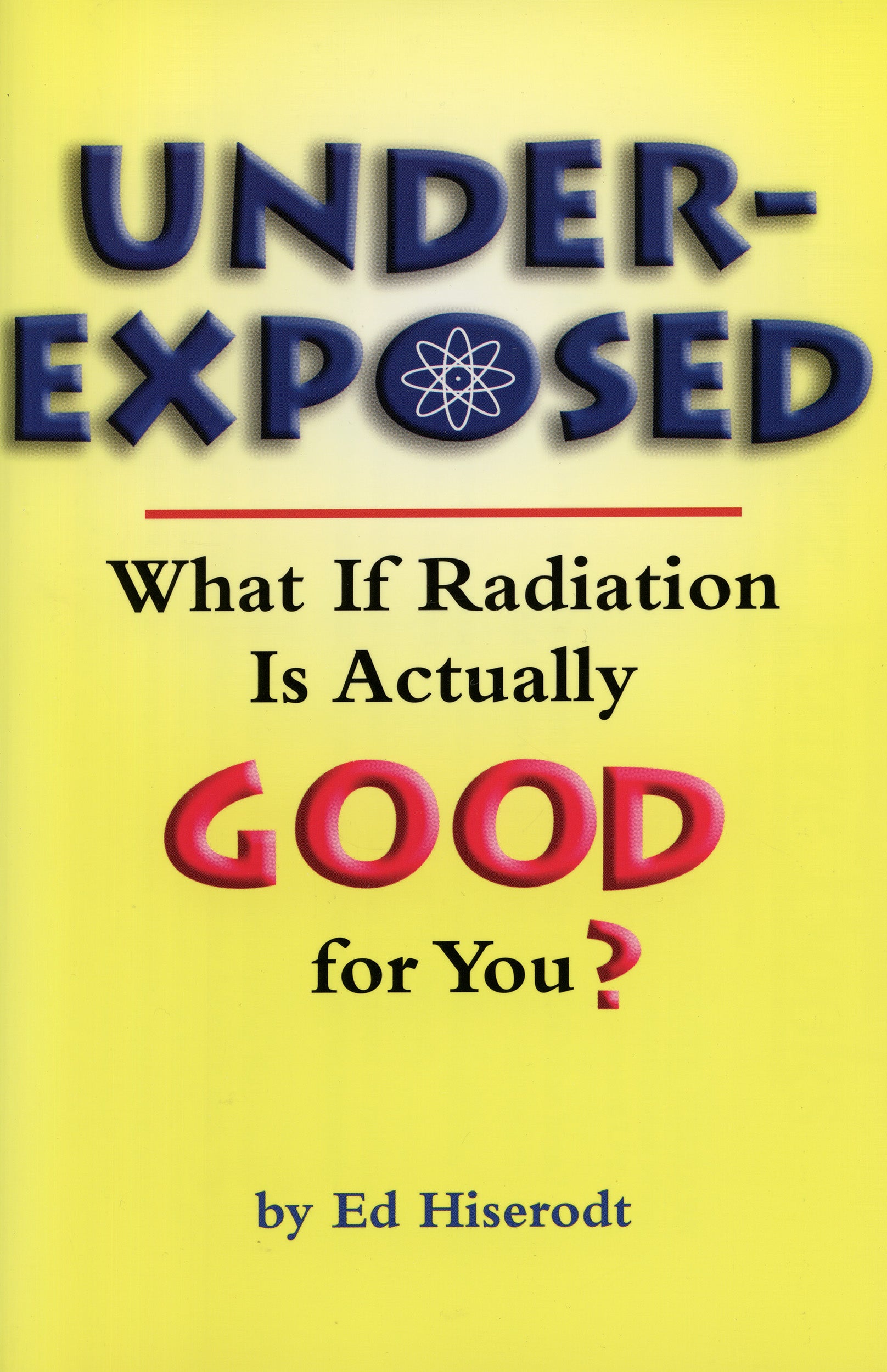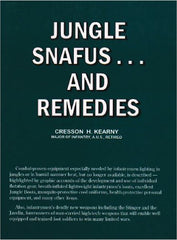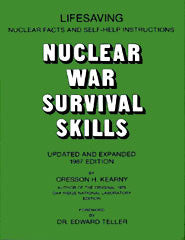Underexposed: What If Radiation Is Actually GOOD for You?
Robinson Books
Underexposed: What If Radiation Is Actually GOOD for You?
By: Ed Hiserodt
There is a very large disconnect between the actual dangers of exposure to low doses of ionizing radiation and the fears of such exposure. A tiny leak at a nuclear power plant is front page news, while there has never been a death or even an injury to the public from escaping radiation. Meanwhile 50,000 deaths from auto accidents go almost unnoticed.
This fear is particularly ironic since hundreds of studies show that low doses of ionizing radiation result is lower cancer rates and overall mortality. One of these studies examined in some detail was done by Johns-Hopkins involving an initial pool of 700,000 workers, some of whom worked on ships with nuclear propulsion, while others (randomly selected) were employed on non-nuclear ships. The nuclear workers had a standard mortality rate of 0.76 times that of non-nuclear workers.
In largest "ecological" study in history, Professor Bernard Cohen of Pittsburgh University was attempting to correlate level of residential radon with lung cancer. He was astonished to find that the opposite was true -- the more radon, the less cancer. Of course these data, from 1,729 counties (about 90% of the U.S.), didn't faze the Environmental Protection Agency that has continued its crusade against radon exposure.
The positive benefits of low doses of radiation is known as "hormesis" and is identified in over 150 studies and other documented evidence presented in the book.





